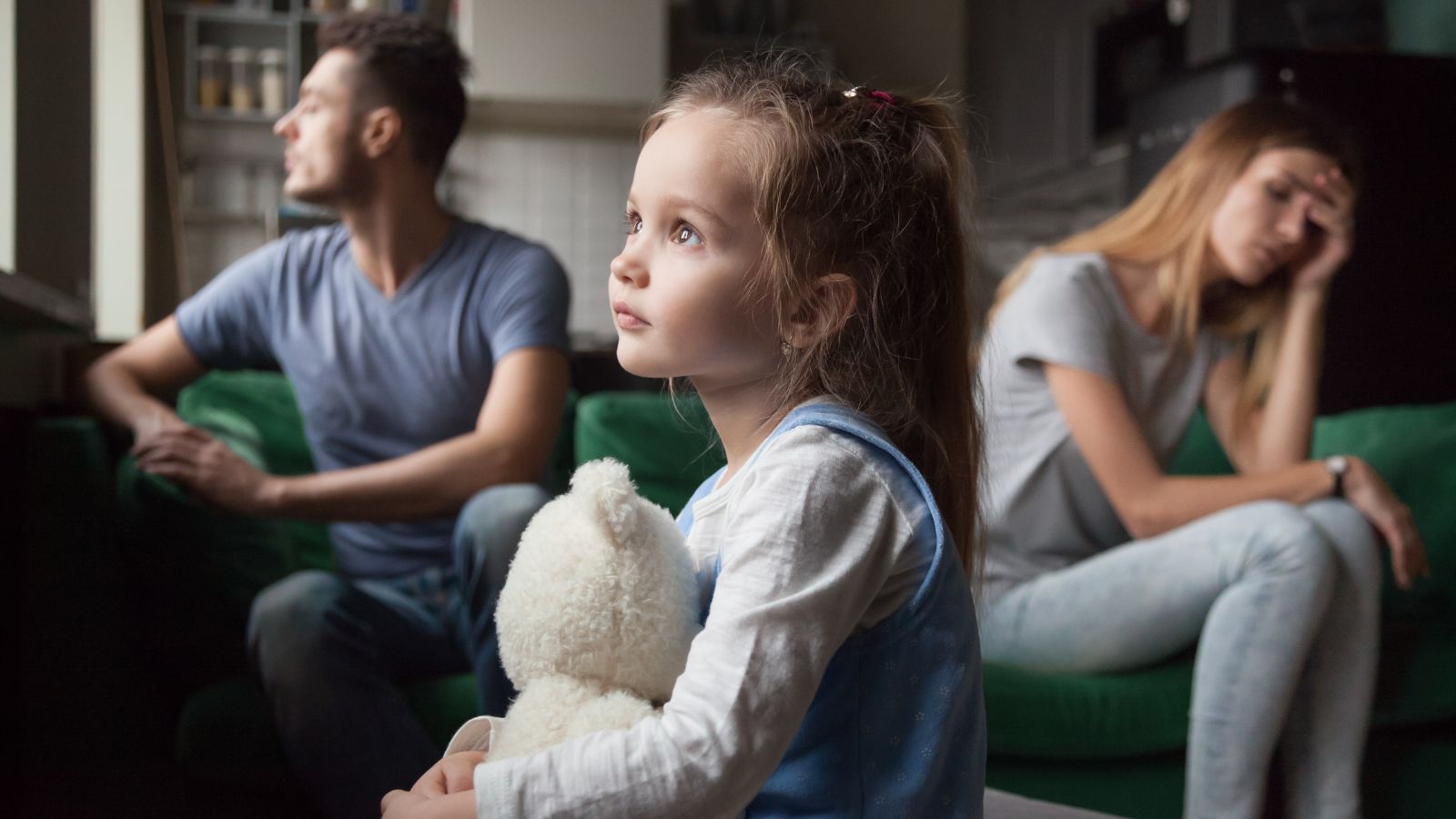Social media is the most important means of communication in this digital era, yet it is also considered a significant factor in ending relationships. This damage is all associated with social networking sites and their dependability in all spectrums of life. Here are 20 shocking ways social media damages relationships in today’s world.
Communication Breakdown

Although social media has increased communication between people far away, there is a major communication barrier between people living under the same roof. Unfortunately, people do not realize this huge social dilemma. These barriers have an ill impact on your relationship with the people that matter the most. Keeping in touch with friends away from you is essential, but it should not come at the price of time with the family.
Comparison Trap

Couples tend to compare their lives with those of others while using social media. This comparison usually leads to marital discontentment because people expect much from their relationships; however, they only have a limited view of other people’s lives. Everyone posts the best of their lives on social media and hide any and all issues they may be facing in reality.
Emotional Detachment

The feeds one scroll through or the time spent on social media reduces the time one spends with one’s partner, causing emotional detachment, which can be hazardous for the relationship. Instead of following others’ lives on social media, it is best to live the best version of yours.
Digital Image Trap

Taking a relationship to the social media platform means making it public where it can be criticized, pulled apart, or judged. The pressure to uphold the perfect image stresses people to look happy and perfect on social media, hence being unable to solve real-life problems.
Privacy Invasion

Social media contributes greatly to the breach of public-personal data. Unwanted comments, expression of opinions by strangers, and discussions about your personal life in the public sphere are a big no-no for a healthy relationship. Lack of privacy in relationships leads to offenses and disrespect, which are significant factors in broken relationships.
Anonymous Chats

The usage of social media can lead to anonymous interactions, and sometimes, they become intimate, whereby partners tend to cheat on their partners. These anonymous talks and chat rooms cause severe damage to relationships as cheating, in some cases, starts from here. Avoid such chats at all times, and if you badly need to discuss something with someone other than your spouse, reach out to a sincere friend.
Digital Jealousy

When one of the partners begins to monitor the activity of the other partner in social networks, this leads to the phenomena familiar as digital jealousy. This may lead to insecurity and fights, which could harm a relationship. Avoid oversharing, especially about your success in life. Instead, share jokes and all the goofy memes that help people laugh. Your partner would love it, too, with no jealousy developing on the side.
Time Drain

Social media is engaging, and there is no denying this causes distance between people sharing the same room. Similarly, relationships also get hurt, and partners might feel ignored due to extensive use of social media. Whether you scroll through the endless reels and shorts or react to all the posts in the world, you’re compromising the time that you should spend with your partner and your loved ones.
Social Validation

One feels ignored and frustrated if one finds more approval online rather than in a real-life company. Desires to have things liked, commented, or shared can harm a relationship. We’re social beings and need support from others. However, we should not crave it to a point where it can destroy our mental peace.
Cyberbullying

People who showcase their lives on the internet may be subjected to cyberbullying, whereby other people repost and compound the problems. For this reason, public display of the issues only aggravates them, making them deeper. Avoid posting personal issues to avoid cyberbullying.
False Expectations:

Understanding every detail of the relationship through social networking sites makes people have false expectations from their partners. These expectations can result in stress, leading to an unhappy relationship. One must keep it real and develop true expectations based on experience with your partner.
Erosion of Trust

Nowadays, feelings such as jealousy and mistrust are prevalent in relationships. Social platforms do not show the facts hidden behind the faces, and due to this, insecurity prevails rather than trust, which is the core of all interpersonal relationships.
Insecurity and Anxiety:

Analyzing the positive examples of happiness, perfection, and success shared by social networks, it is possible to develop chronic insecurity and fear in one or both partners. This, in turn, compounds the problems of low self-esteem and dissatisfaction in their relations.
Distorted Reality:

Excessive use of social media would create a perception of a perfect world because social media only presents the best part of life; the struggles would be unheard of. This could lead to the building of unrealistic expectations of a relationship, a situation that could only culminate in frustrations and disappointments.
Neglecting Intimacy:

Much time spent on social media will lead to total detachment in feelings and even physical distance from a partner. Things turn sour when people communicate more with their gadgets than their partners. Lack of intimacy can ruin a perfectly functional relationship in a matter of few months.
Escalation of Conflict:

Disputes often become deep-rooted when people are not physically present, intensifying the situation. A minor issue can escalate into a significant conflict if discussed online, as the lack of face-to-face interaction can lead to misunderstandings and heightened tensions.
Parental Disconnection:

Social network dependency in parents is likely to result in irresponsible parenting. Suppose one or both parents are busy with social networking sites. In that case, they will not be attending to other responsibilities they have in the family, hence putting stress on the family unit.
Fear of Missing Out (FOMO):

Social networking brings forth FOMO, through which people spend considerable time in social networking rather than forming friendships. This makes a partner feel neglected in a relationship, which results in conflict and, eventually, dissatisfaction.
Lack of Understanding:

The prevalent presence of social media has nearly eliminated the concept of ‘me time,’ leading to various challenges. If both partners do not agree on how to manage this issue, it can result in a lack of understanding. One partner may perceive the other’s constant internet use, especially when receiving messages or notifications, as inconsiderate or dismissive.
Digital Dependency:

The final addictive consequence is digital dependency, where one turns to social networks for emotional support instead of their partner. This dependency can erode the foundation of the relationship, leading to emotional withdrawal.
Conclusion:

In summary, boycotting social media is not the key to a successful relationship. Many other factors contribute to a healthy and happy relationship. However, it’s essential to use social media in a balanced manner and avoid excessive use, as it can negatively impact a relationship.
18 Reasons Why People Are Leaving Florida in Masses

Exploring factors that impact the desirability of living in Florida, this list delves into various challenges shaping residents’ experiences. From environmental concerns like rising sea levels to economic factors such as fluctuating job markets, these issues collectively contribute to a nuanced understanding of the state’s appeal.
18 Reasons Why People Are Leaving Florida in Masses
